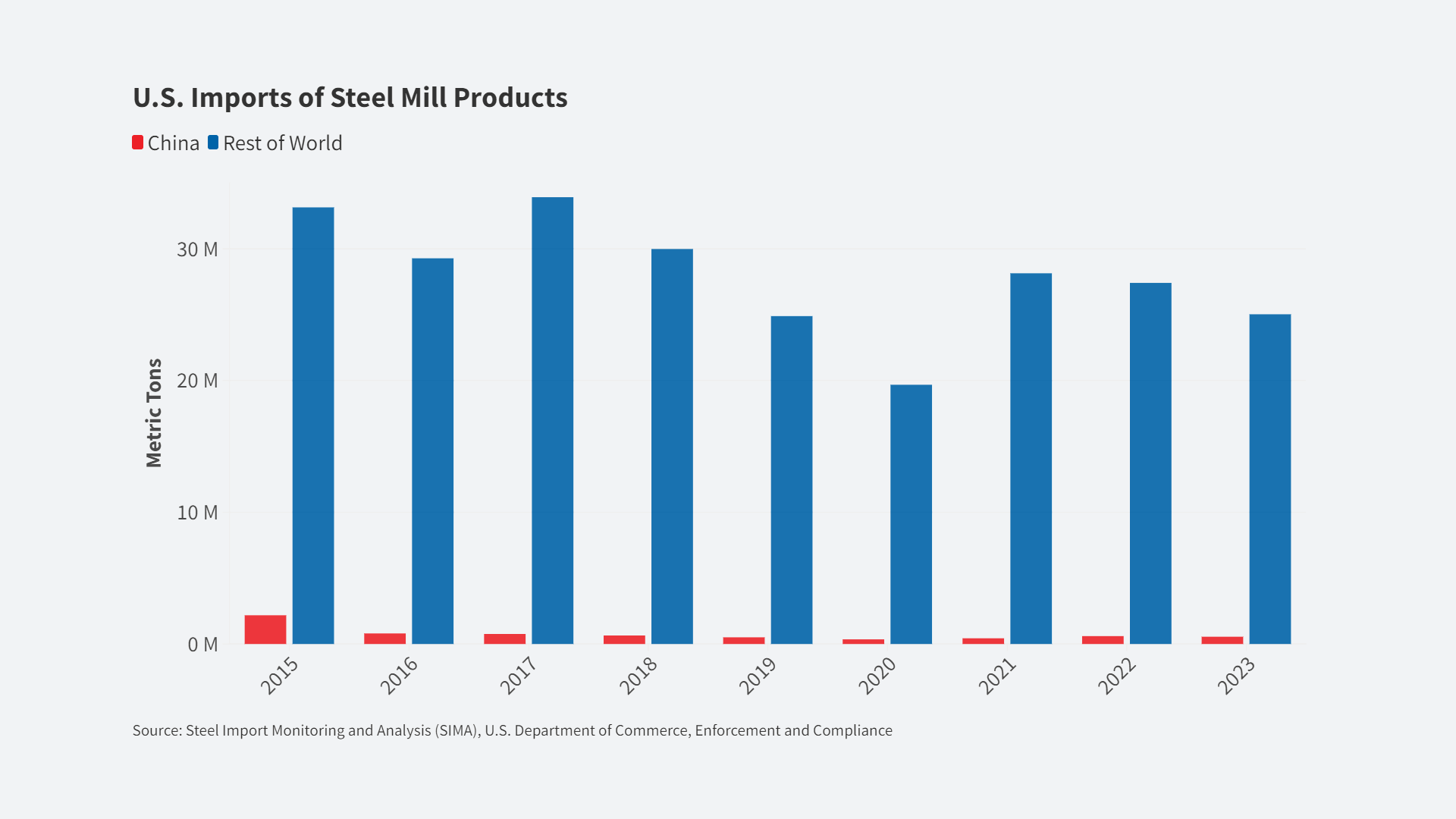
The two top U.S. lawmakers for trade policy are fighting for better treatment for financial services firms in a landmark Asia-Pacific free-trade agreement that would clear barriers to digital trade.
[Reposted from Bloomberg Business | Carter Dougherty | July 23, 2015]
Representative Pat Tiberi, an Ohio Republican and Charles Rangel, a New York Democrat, raised concerns that financial firms in the 12 countries in the Trans-Pacific Partnership, which includes the U.S., would have to store customer data wherever they’re doing business, a practice known as forced localization.
“Financial services companies are a critical piece of the economic infrastructure,” Tiberi and Rangel, who serve on the House Committee on Ways and Means’ trade subcommittee, said in a July 15 letter to Treasury Secretary Jacob Lew, who’s been involved in the trade negotiations. “Like almost every other sector, U.S. financial services companies depend on the free flow of data to run operations on a global basis.”
Data storage has been one of the most contentious parts of the trade deal, which may be finalized at a meeting in Hawaii next week attended by officials from the 12 countries. U.S. insurers, banks and securities firms want to minimize costs and take advantage of cloud computing so they need fewer data storage facilities. They also don’t want to be forced to keep data locally because they’re concerned about security.
The pact would create a market from the U.S. and Mexico to Japan and Vietnam, representing about 40 percent of the world’s economic output. It covers more than two dozen issues, from trade in traditional goods to rules on the free flow of data — aimed at preventing trade barriers to Internet-based commerce — and rules on intellectual property. The U.S. Congress improved the likelihood of an agreement in June when it approved expanded negotiating authority for President Barack Obama, setting up the potentially deal-clinching meeting in Maui.
JPMorgan, Citigroup
The financial services industry has appealed to the U.S. government to help change the proposed trade rules, but so far hasn’t made progress. The industry has previously fought to soften domestic financial regulation through trade negotiations, which has been resisted by Senator Elizabeth Warren, a Massachusetts Democrat. Warren has said banks’ lobbying efforts may roll back rules imposed by the 2010 Dodd-Frank Act.
Other industries, such as manufacturers, also rely on data being able to flow internationally for business. Boeing Co., for example, sends data to the U.S. on the performance of its jets worldwide. They wouldn’t have to store data locally under the trade agreement.
“All business including financial services depend on moving data across borders and storing and managing it where it makes the most sense economically, and from a security standpoint,” Peter Allgeier, president of the Coalition of Services Industries, a lobby group, said in an interview. He said that keeping data locally means companies may end up employing fewer U.S. workers.
The coalition includes banks such as JPMorgan Chase & Co. and Citigroup Inc., as well as insurers American International Group Inc., Chubb Corp. and MetLife Inc. Payments network MasterCard Inc. is also a member.
Josh Drobnyk, a Treasury spokesman, said the U.S. is seeking unspecified “robust” provisions on ensuring cross-border data flow for financial services companies. The agency hasn’t explained why it wants financial services firms to adhere to different rules than other industries.
“Our approach strikes a balance between our regulators’ needs for access to supervisory information and our companies’ commercial interests in processing data on a cross-border basis,” Drobnyk said in an e-mail.
South Korea
The Federal Reserve, which regulates the largest banks and other companies whose well-being is intrinsic to financial stability, declined to comment on the trade negotiations. Darren Gersh, a spokesman, said it’s an issue for Congress and the Obama administration to consider.
Some countries involved in the trade talks, such as Australia, have required that some data on its citizens be stored locally to better protect privacy.
The U.S. and South Korea, which isn’t part of the Asia-Pacific free-trade agreement, have a separate free-trade deal, but have disagreed about data storage. The two countries’ 2012 agreement urged both sides in vague terms to avoid impeding data flows. They soon found themselves at odds over whether a new South Korean privacy law meant U.S. insurers and banks could transfer data out of the country.
Representative Bill Huizenga, a Michigan Republican, has written Treasury asking why it won’t relax standards for financial services on the issue. Huizenga said in an interview that he hasn’t received a “substantive” response, but that Treasury probably wants to preserve U.S. regulators’ freedom to constrict data flows in the future.
“If it’s all regulation all the time that Treasury wants, then that can’t be.













